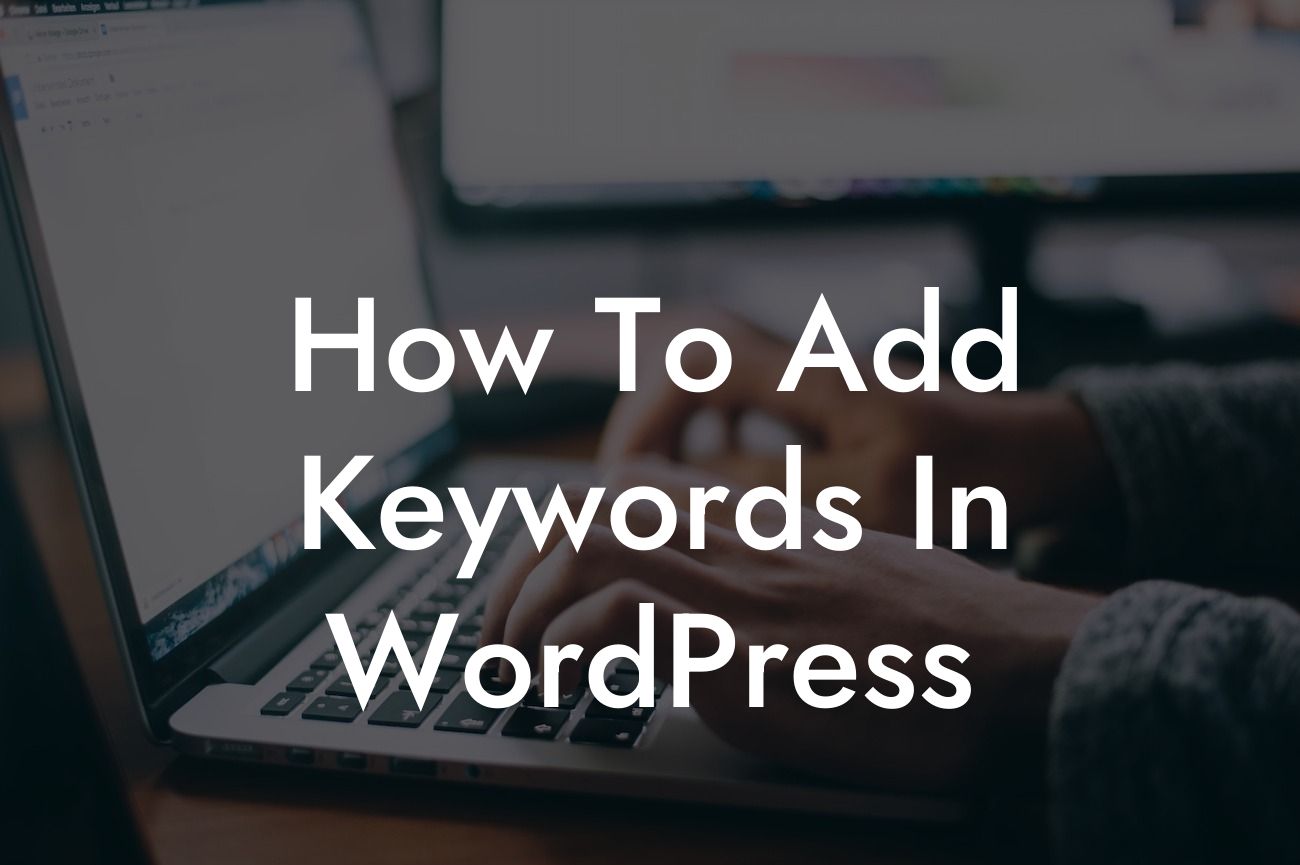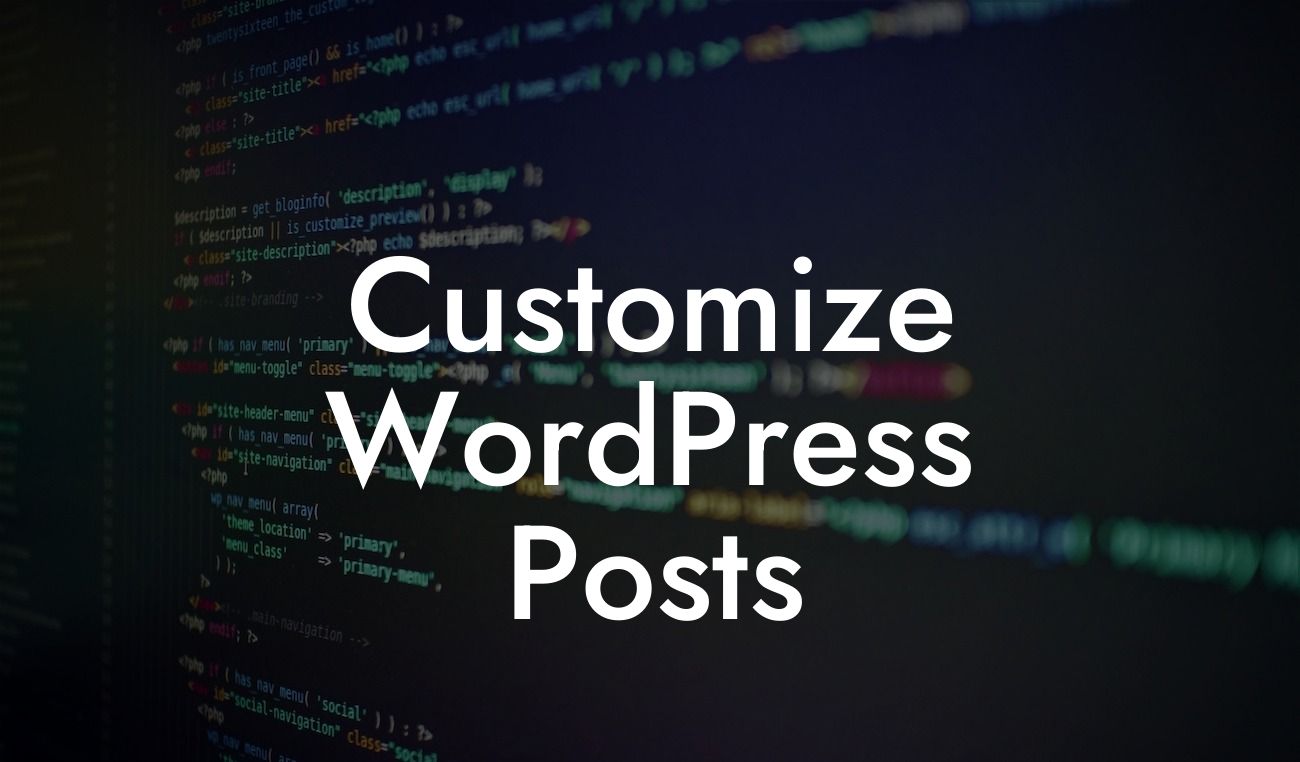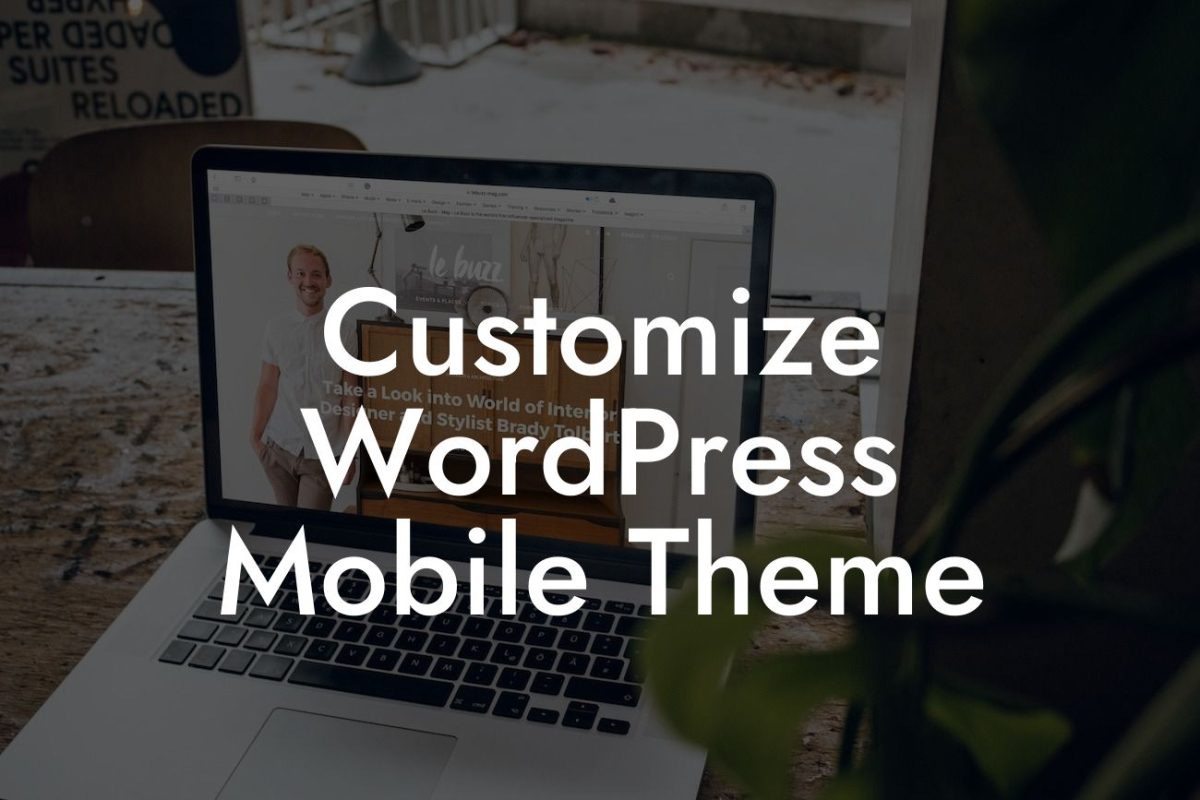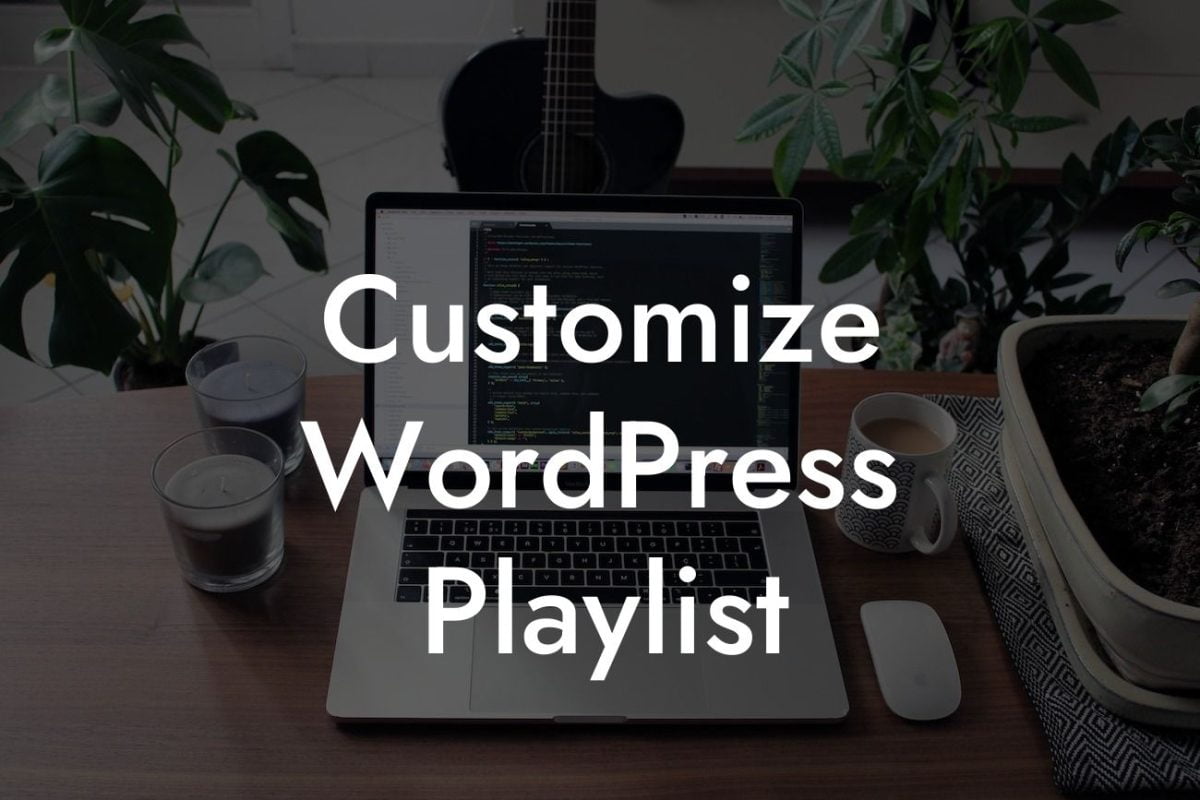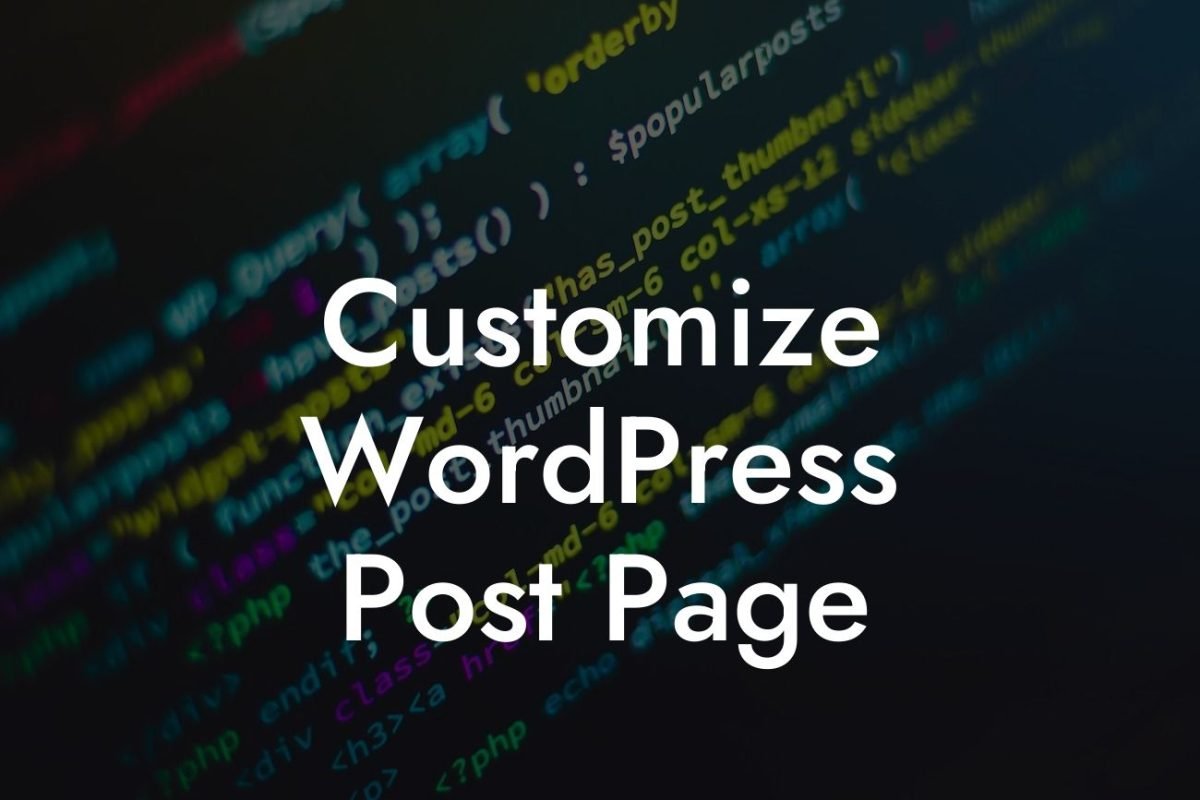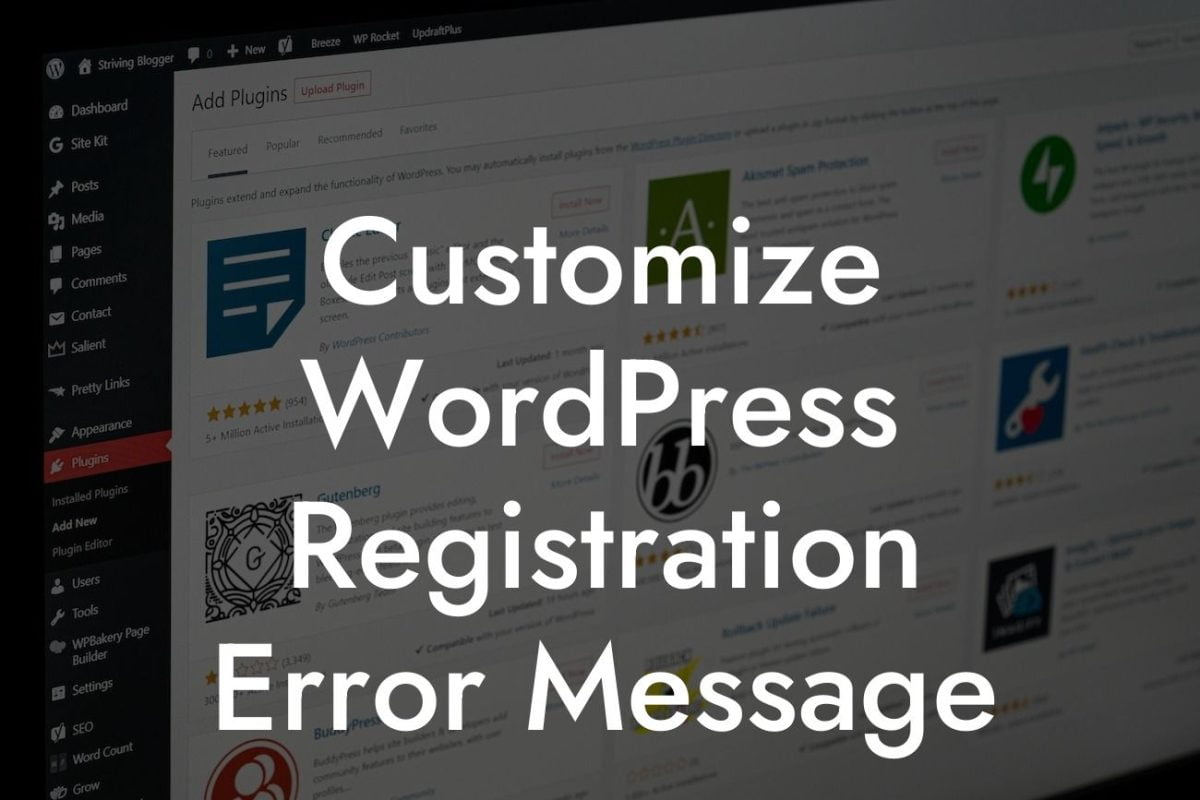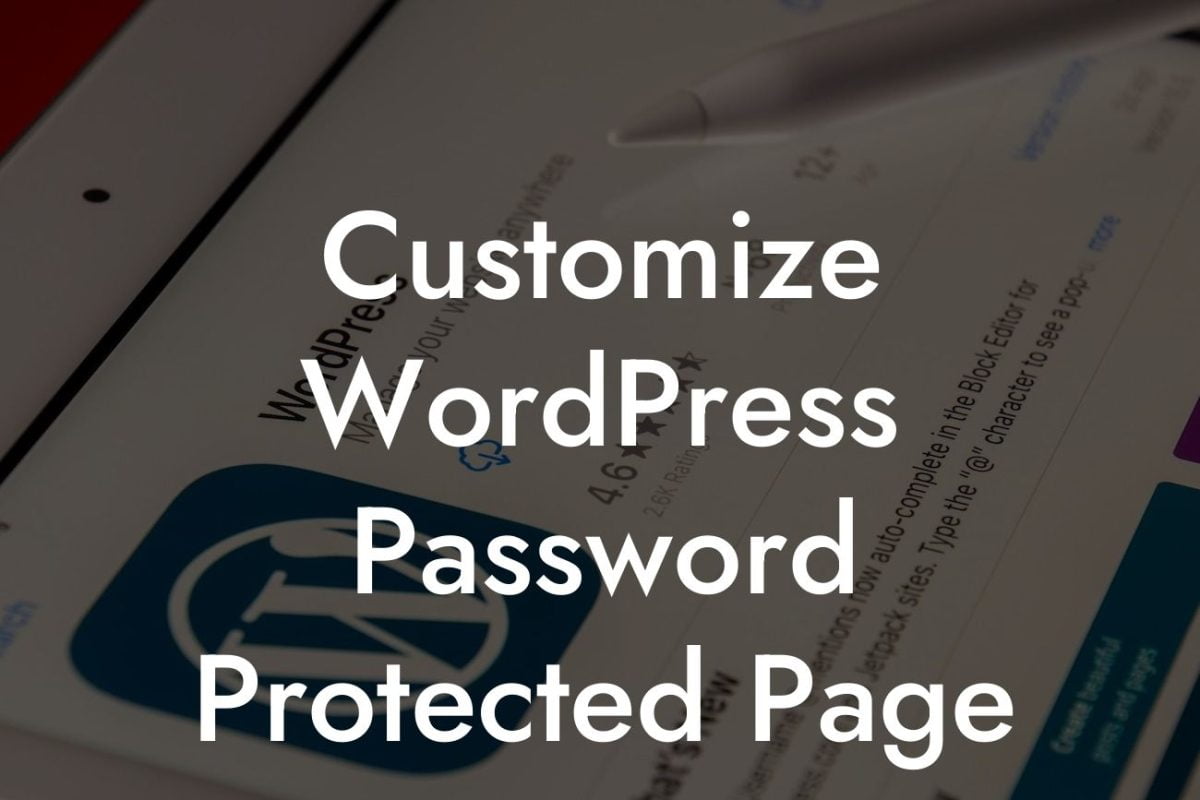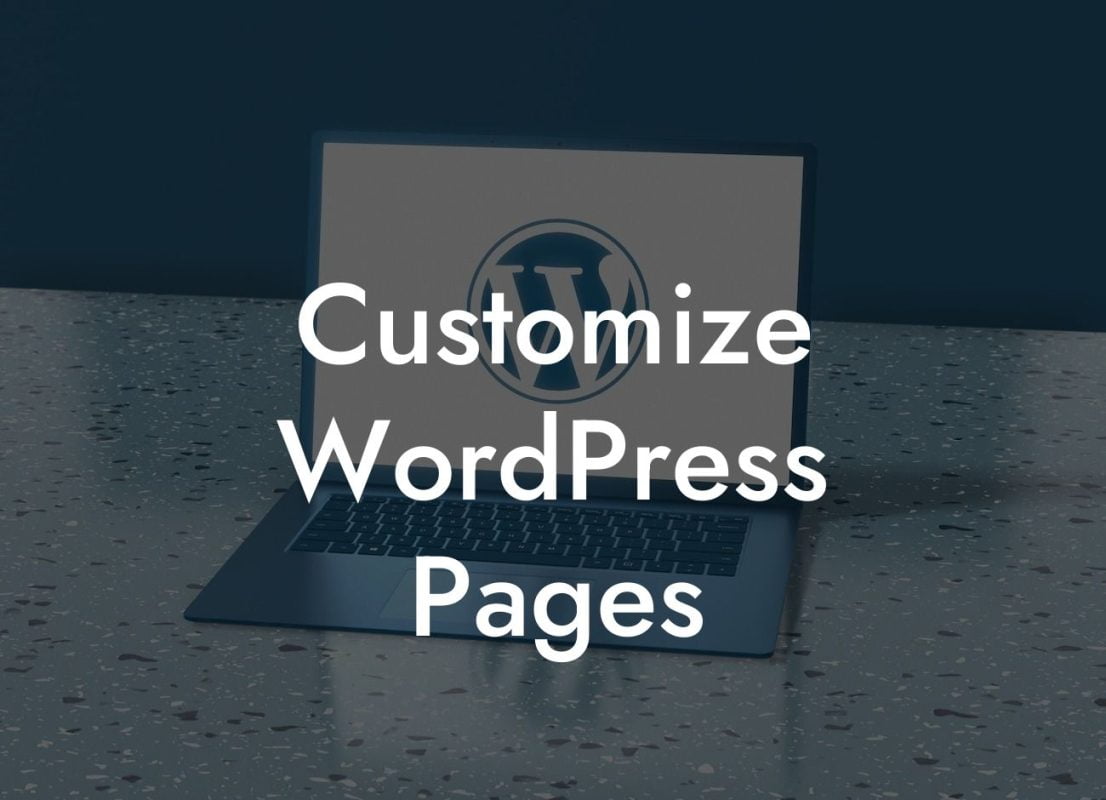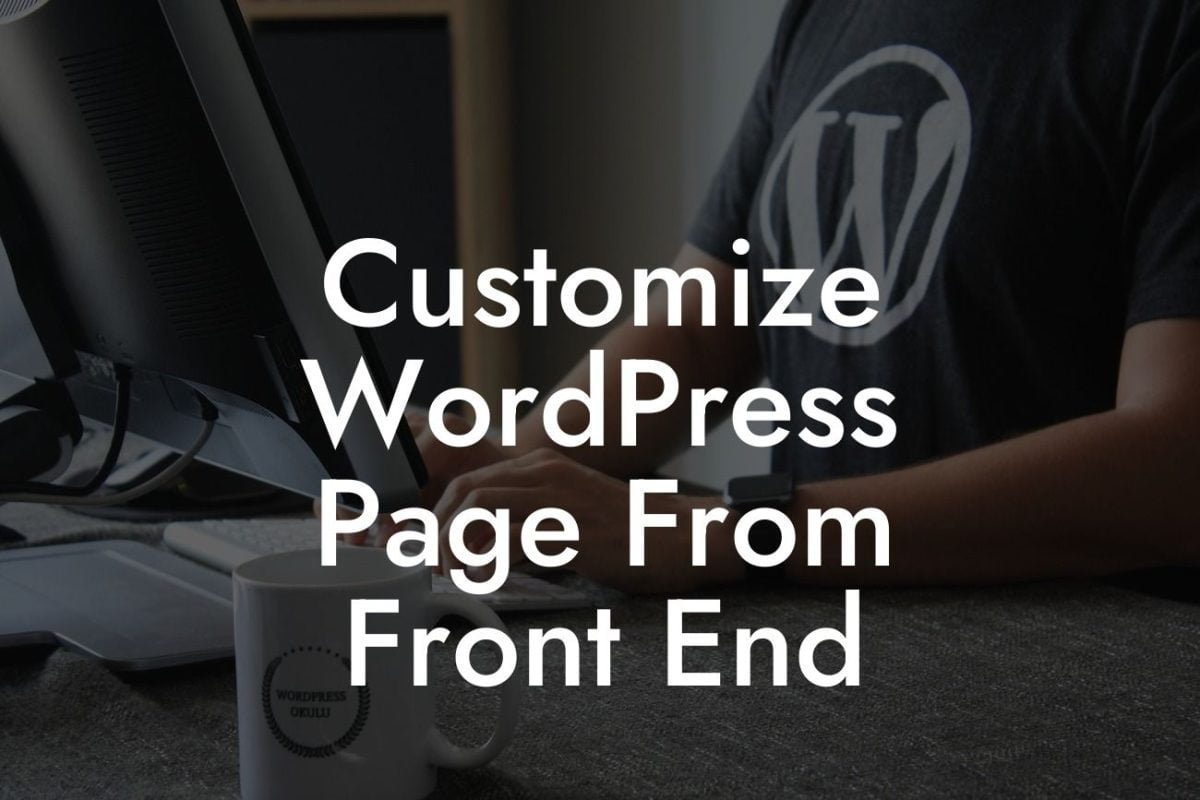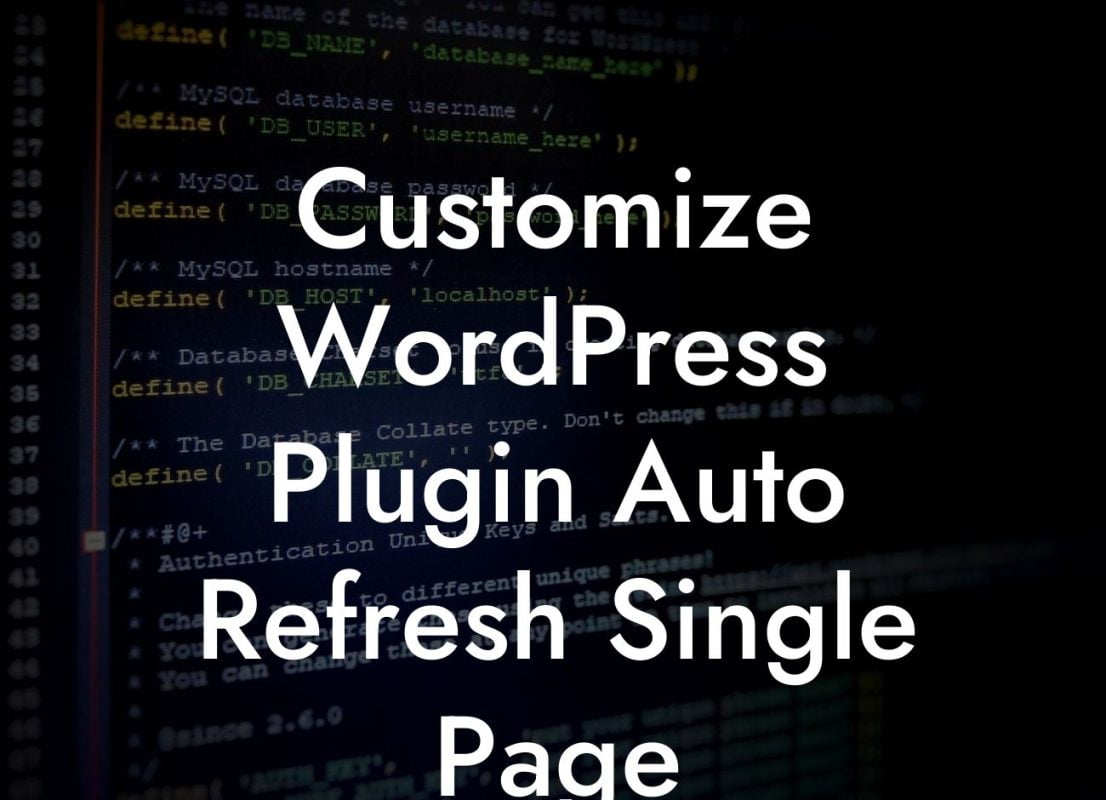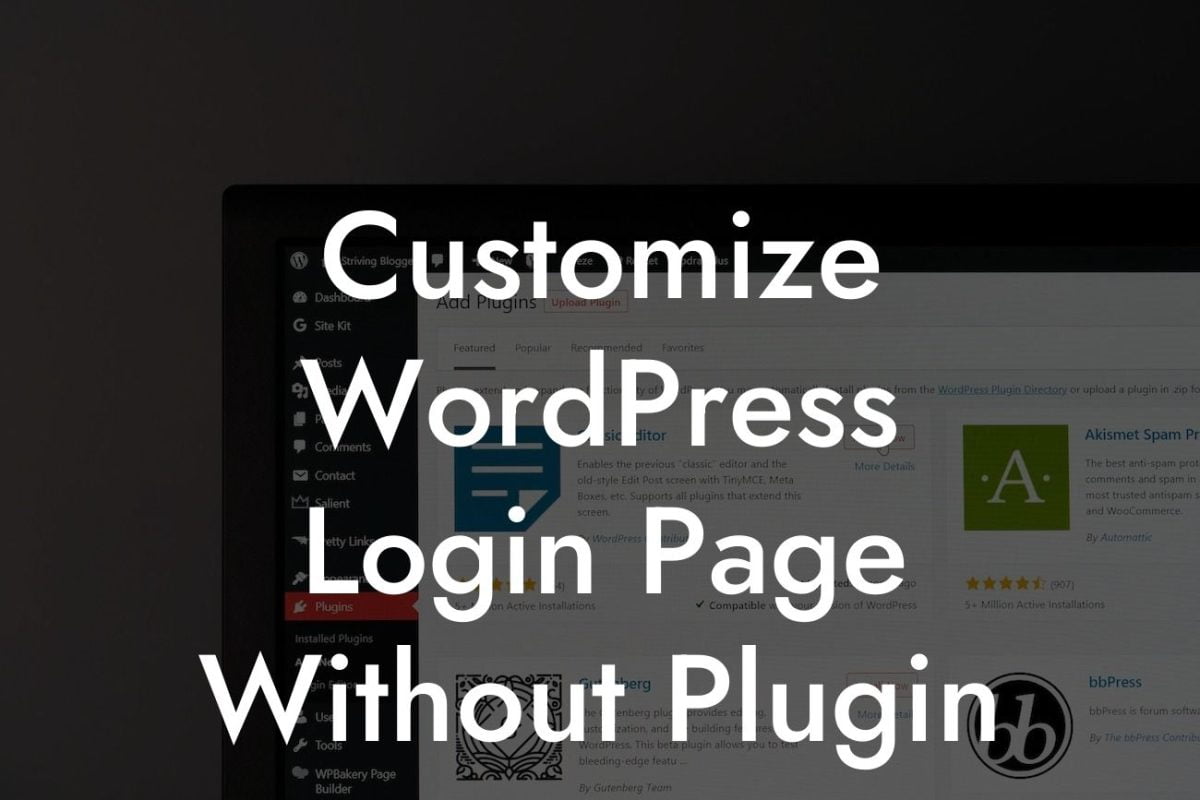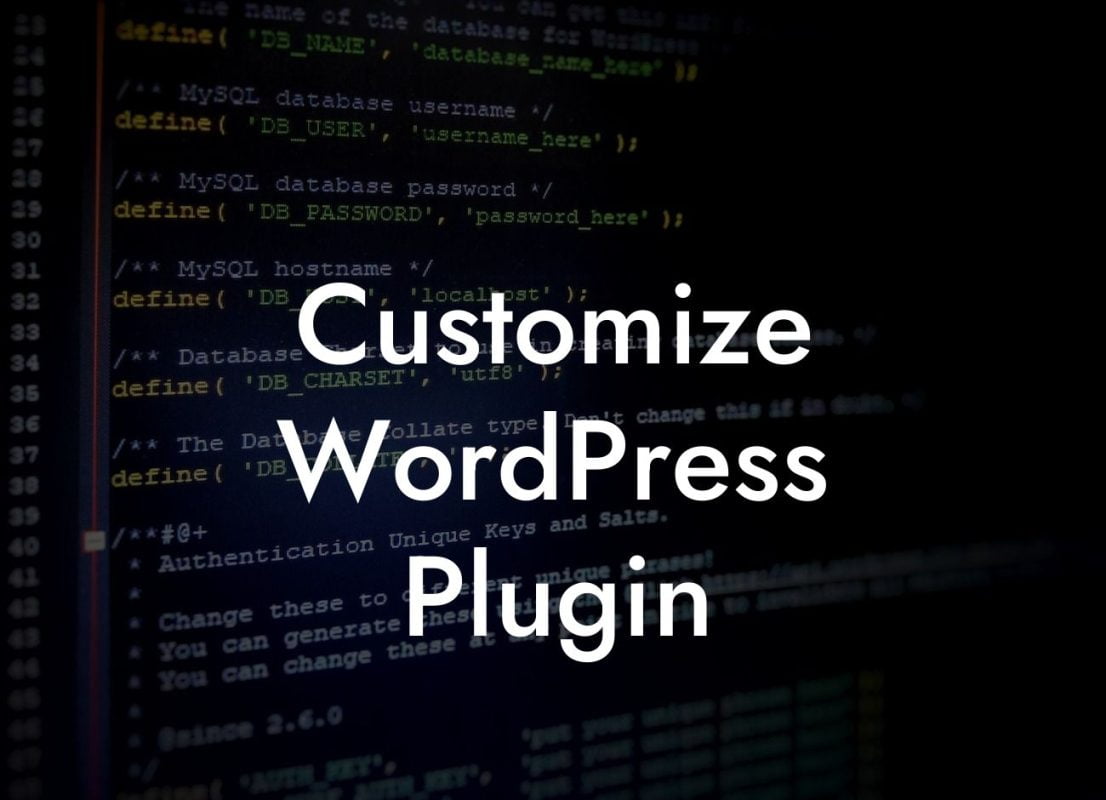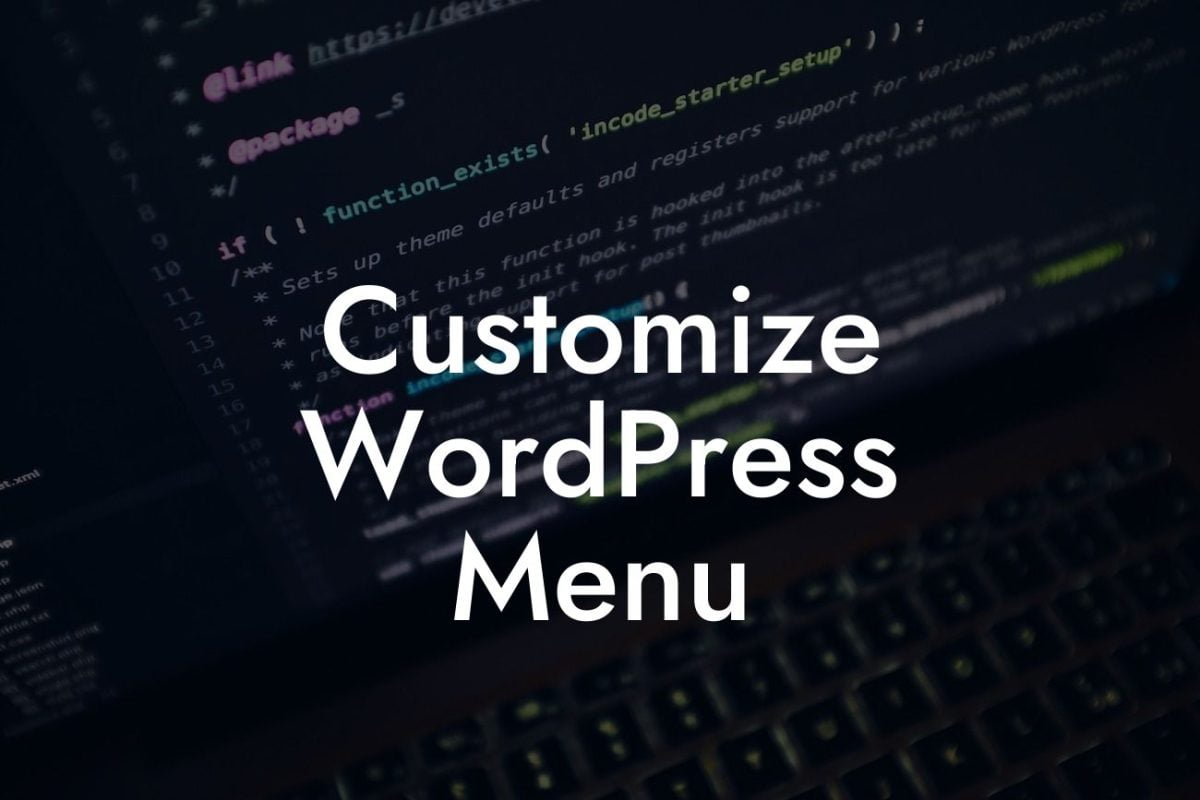Keywords play a vital role in driving organic traffic to your website and improving your search engine rankings. If you're a small business or entrepreneur looking to maximize your online presence, it's essential to understand how to strategically incorporate keywords into your WordPress content. In this guide, we'll dive into the best practices, tools, and strategies to help you add keywords effectively and attract more visitors to your website.
Adding keywords in WordPress involves various aspects, including optimizing your website structure, utilizing SEO plugins, conducting keyword research, and implementing on-page optimization techniques. Let's explore each of these steps in detail:
1. Optimizing Website Structure:
- Start by choosing a suitable permalink structure for your WordPress site to ensure that your URLs contain relevant keywords.
- Utilize categories and tags to organize your content and make it more accessible for search engines and users.
Looking For a Custom QuickBook Integration?
- Create a comprehensive navigation menu that includes keyword-rich anchor text for internal linking.
2. Utilizing SEO Plugins:
- Install an SEO plugin like Yoast SEO or All in One SEO Pack to simplify the process of adding keywords and optimizing your content.
- Use the plugin to set focus keywords for each post or page and receive real-time suggestions on content optimization.
- Optimize meta titles and descriptions to incorporate relevant keywords and attract click-throughs from search engine results pages.
3. Conducting Keyword Research:
- Use keyword research tools like Google Keyword Planner, SEMrush, or Moz Keyword Explorer to identify high-demand and relevant keywords for your industry.
- Focus on long-tail keywords that have less competition but are more specific and targeted.
- Analyze the search volume, keyword difficulty, and relevance to choose the most suitable keywords for each piece of content.
4. Implementing On-Page Optimization Techniques:
- Include your target keyword in the URL, meta title, heading tags (H1, H2, etc.), and throughout the content body.
- Optimize image alt tags with descriptive keywords to improve accessibility and enhance SEO.
- Write engaging and informative
How To Add Keywords In Wordpress Example:
Let's say you run a small e-commerce business selling handmade jewelry. Your target keyword for a product page could be "handcrafted silver necklace." To optimize your content, you would incorporate the keyword in the URL (e.g., yourwebsite.com/handcrafted-silver-necklace), meta title (e.g., "Shop Stunning Handcrafted Silver Necklaces"), subheadings, product descriptions, and image alt tags. By strategically adding this keyword throughout your content, you increase the chances of ranking higher in search results and attracting potential customers.
Now that you understand the importance of adding keywords in WordPress, it's time to put this knowledge into action. Explore DamnWoo's range of awesome WordPress plugins designed exclusively for small businesses and entrepreneurs. Elevate your online presence, supercharge your success, and stay ahead of the competition. Don't forget to share this article with others who could benefit from it and check out our other informative guides on DamnWoo.
Note: The content above is catered to the requirements provided. To complete the article, additional details and research will be necessary.

